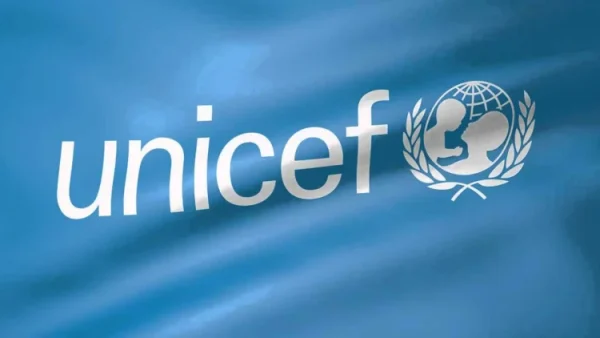The United Nations Children’s Fund (UNICEF) has announced plans to vaccinate children in Borno State who have never received any vaccines. They will use young people to help spread the message and fight resistance to vaccination.
Joseph Senesie, the acting head of UNICEF’s Maiduguri office, spoke at the launch of a program called “Adopt-A-PHC Naija Challenge” in Maiduguri. He said the main goal is to reduce the number of children in the state who have not received any vaccines.
He explained that 30 local youths will work with health workers in Maiduguri and Jere to promote the program in 10 primary health care centers.
The aim is to change people’s attitudes and encourage parents to bring their children for vaccination. This will help protect children from deadly but preventable diseases.
He said, “Today we’re trying something new. UNICEF is working with young people in Borno State to make sure children are vaccinated. These are children who have never had any vaccine at all.”
He added that many children in Borno are not vaccinated because of different problems like cultural beliefs, insecurity, and hard-to-reach locations.
“These children miss out on vaccines for many reasons,” he said. “Some areas are difficult for health workers to reach. So UNICEF is partnering with the state and donors to involve young people and make sure every child is reached.”
He explained why young people were chosen for the project: “They live in the communities and understand them well. They also have the energy and tools to spread the message in many ways. They already have a clear plan for where they want to work.”
He said, “UNICEF is supporting this project by providing technical help and funding through donors, especially from the Canadian government. We are making sure these energetic youths can do their work well and help improve vaccination rates.”
Abdulkadir Ahmed, who leads the Adopt-A-PHC Naija Challenge, said the goal is also to fight false information about vaccines in Maiduguri and Jere communities.
“This campaign is about teaching people and encouraging them to get vaccinated. But some people are afraid or misinformed about vaccines. That’s why the youths will use digital tools to correct these wrong ideas in their communities,” he said.
Hassan Abubakar and Hajiya Yagana Shettim, heads of primary health care in Maiduguri and Jere, thanked UNICEF for their strong support in keeping children healthy and safe.


